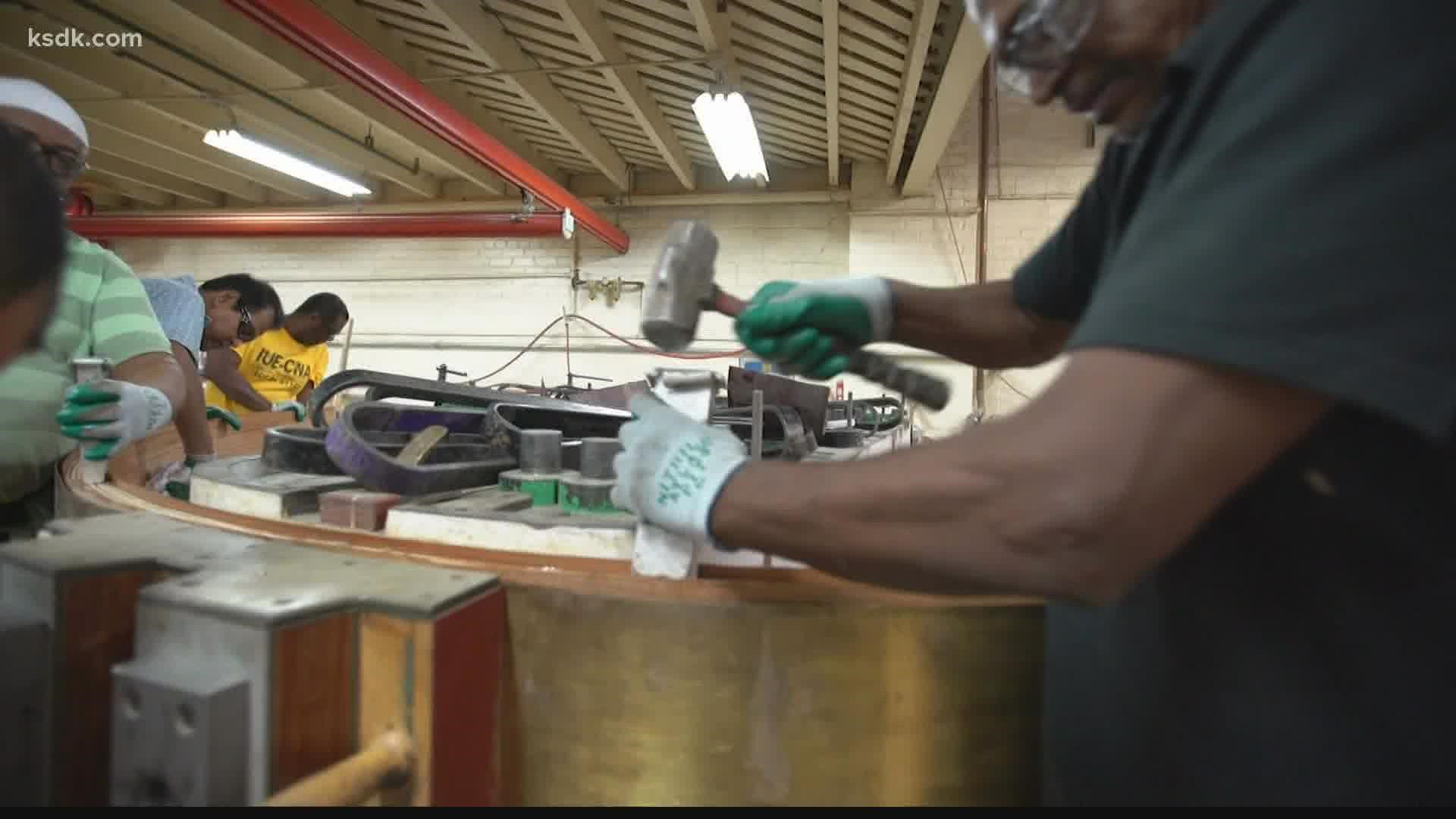ST. LOUIS — The U.S. unemployment rate hit a record high in April 2020 at 14.8%. It has since dropped to 4.6% in October 2021, according to the U.S. Department of Labor.
These numbers tell a story of improvement, but the headlines and what you've likely felt as a consumer are a different story. Inflation is at a 30-year high, a record number of Americans are leaving their jobs and supply chain issues have impacted nearly every corner of our economy.
Webster University human resource professor Julie Palmer talks about this a lot with her students. She said the pandemic gave people a lot of time to think.
“I think what people thought a lot about during COVID is the work-life balance aspect, which is do I want to work 60 hours a week? Do I want to commute an hour and back? That's an hour out of their life in the morning," Palmer explained.
For millions of Americans, the answer to those questions is no.
According to the turnover summary from the U.S Bureau of Labor statistics, a record 4.3 million people quit their jobs in August 2021. It happened again in September, going up to 4.4 million.
Palmer believes the mass exodus is coming from a group of people with wiggle room in their finances. These are people, who she says, are able to spend less, so they can work less. She said it will be interesting to see how long people can sustain this lifestyle. Many are starting their own businesses or looking for work that aligns with their passions and personal life.
“I think it came over time when people were spending more time with their family or were having to make sacrifices and now, they're trying to figure out whether they want to continue to make those sacrifices or if they can obtain a better job or have a higher quality of life," she explained.
Americans are certainly feeling the ripple effects of the labor shortages, from the supply chain issues to inflation that's hit its highest level in decades.
“When you don't have the truck drivers and we don’t have the people that are working in construction, then economics says prices are going to go up," Palmer explained.
Gas prices are up 50%. Used cars and trucks are up 26%. Beef prices are up 20%.
“I don't think we’re in a state of panic yet, but unless something turns, I think we may be. I think if companies offer better wages and better benefits we could see something turn,” Palmer said.
She compared what's happening now to the labor shortage during World War II, when millions of women joined the workforce to stabilize the economy. Now, places are trying to dip into a younger generation by lowering the age requirement to fill positions. But Palmer said there simply aren't enough teenagers to fill the void.

